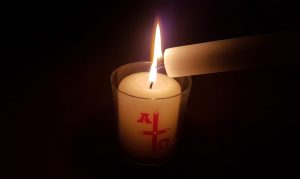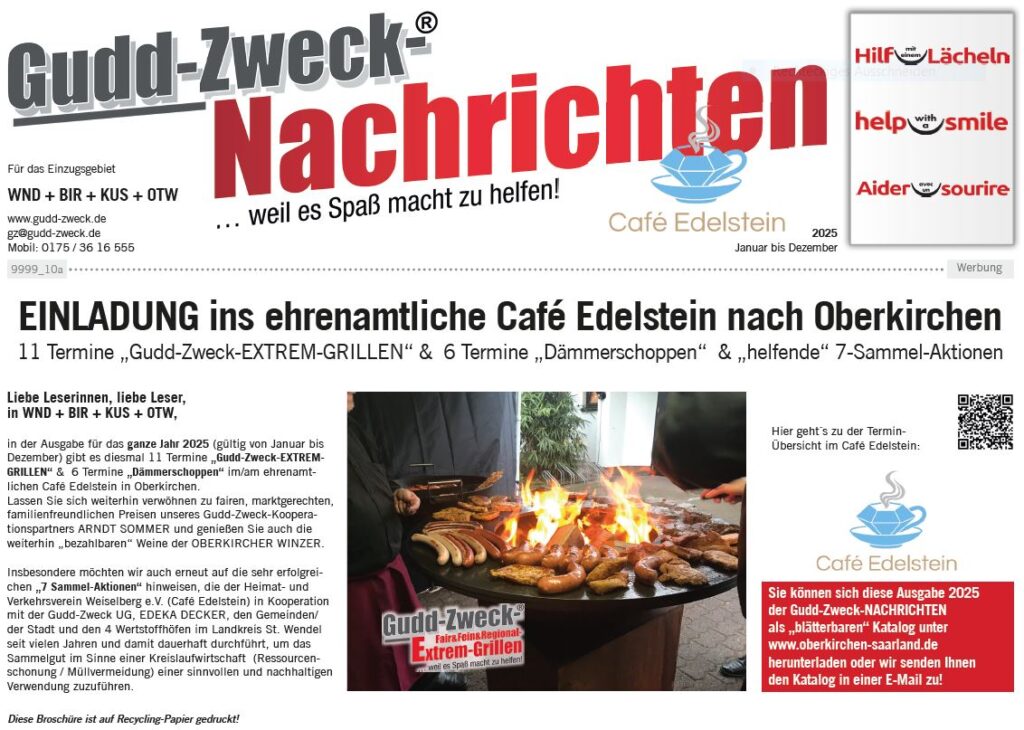Christmas is considered by many to be the most wonderful time of the year. At no other time is the longing for peace as great as at Christmas. But in many places around the world, people are suffering from violence, terror, and war. Is there any hope?
According to the New Testament, Jesus of Nazareth was born in Bethlehem over 2,000 years ago. The very place where Jesus was born, lived, worked, and died (and rose again), the Holy Land, is currently at war again. The Middle East conflict has now been going on for more than 75 years: Arab-Israeli War, Six-Day War, Yom Kippur War, First Lebanon War, First Intifada, Second Intifada, Second Lebanon War and again and again (more) terrorist attacks. There is no end to the violence and bloodshed. The path to peace seems further away than ever before. Is this conflict insoluble?
The latest war broke out this October after Hamas terrorists struck Israel with a brutal terrorist attack. In the most barbaric and vicious manner, over 1,400 people were murdered, and more than 200 others were taken hostage on October 7. It was the bloodiest day for the Jewish people since the end of the Holocaust.
Hamas was founded in 1986 by seven men. They saw the Israelis as foreign occupiers of Muslim land who needed to be expelled or eradicated. Hamas‘ fight against Israel began with the First Intifada and the throwing of stones and Molotov cocktails. Hamas later armed itself and organized suicide bombings.
One of the seven founders of Hamas is Imam Sheikh Hassan Yousef. He is repeatedly arrested by the Israelis, imprisoned for months without charge, tortured, and interrogated. His eldest son, Mosab Hassan Yousef, was eleven years old when his father was arrested for the first time in 1989. For Mosab, his father is a hero. He emulates him. The Israelis are the bad guys, and the Palestinians are the good guys. As an 18-year-old, the „son of Hamas“ tries to procure weapons to murder Israelis. But before he can put his plan into action, the Israeli intelligence service catches up with him and arrests him.
Initially, Mosab is also tortured and interrogated, but then the Israeli domestic intelligence service Shin Bet offers the „green prince“ the opportunity to work for them as a spy. Mosab agrees – initially, however, to obtain weapons in this way and take revenge on Israel. But to his astonishment, the Shin Bet always treats him respectfully, encourages him, and even allows him to study. Are the Israelis really his enemies? Mosab’s worldview begins to crumble.
And then comes the day that changes Mosab’s life: He is walking at Jerusalem’s Damascus Gate – from where a certain Saul once set out to persecute Christians and then experienced his conversion and transformation into Paul (Acts 9: 1-19) – when he meets a group of Christian students from Great Britain. They gave him the New Testament. Mosab accepts the gift and begins to read it out of curiosity. He comes to the Sermon on the Mount and thinks: „Wow, this guy Jesus is really impressive! Everything he says is beautiful.“ Mosab can no longer put the book down. „Every verse seemed to touch a deep wound in my life. It was a very simple message, but somehow it had the power to heal my soul and give me hope.“ Mosab reads:
„You have heard that it was said: Love your neighbor and hate your enemy. But I tell you: Love your enemies and pray for those who persecute you“ (Matthew 5: 43-44).
The „son of Hamas“ is thunderstruck: „That’s it!“ he thinks. „Never before had I heard anything like this, but I knew that this was the message I had been searching for all my life. I suddenly realized that the Israelis were not my enemies.“ Mosab realizes that enemies cannot be defined by nationality, religion, or ethnicity but that we all have the same enemies. Enemies such as envy, greed, pride, or anger. „All I could think was: Wow! What wisdom this man had!“ Mosab continues reading:
„Do not judge, or you too will be judged“ (Matthew 7:1).
What a difference this was to what Mosab had heard before! Astonished, he realized: „Everything Jesus said made perfect sense to me.“
The more Mosab reads the Bible, the clearer it becomes to him: hurt people hurt people. Only unconditional love and forgiveness can end the bloodshed and lead to a better future. Mosab overcomes the old hatred that once drove him to buy weapons to kill Israelis. With the help of Mosab’s information, the Shin Bet succeeds in protecting the lives of many innocent people, especially Jews. Mosab works at the risk of exposure, which would put his life in grave danger.
However, the teachings of Jesus became a compass and inspiration not only for Mosab but also for other participants in his Bible group – which also included atheists, Muslims, and Jews. Amnon, a Jewish participant, refuses compulsory military service after his baptism: „I don’t want to shoot at stone-throwing children. I am called to love my enemy!“ Mosab is impressed: „Amnon was trying to protect Palestinians, and I was trying to protect Jews. If we just had a thousand Amnons on one side and a thousand Mosabs on the other – it could make a big difference!“
After working for the Shin Bet for ten years, Mosab emigrated to the United States in 2007, where he made his conversion to Christianity and his work for the Shin Bet public. His father then disowned him as a traitor. Mosab lost his home and his family and risked his life to follow a message: Love your enemy.
But is it that simple? Does loving one’s enemies and renouncing violence lead to peace – even in the Middle East? Yes and no. No, because the Israelis are facing enemies who want to destroy them. A state cannot renounce the use of violence and turn the other cheek (Matthew 5:39). For these are the cheeks of its citizens. A state must protect the life and freedom of its citizens – by force if necessary. Otherwise, a state loses its legitimacy. That is why there are police and military forces. And a state also has the right to defend itself after an attack. But it will not be possible to create lasting peace by military means. The attacks on Hamas also inevitably lead to the death of Palestinian civilians and thus to further suffering. Ultimately, a negotiated solution that considers both sides‘ interests, a solution that guarantees security and self-determination for both sides and gives them hope and prospects for the future, is needed. This goal cannot be achieved through terror and violence.
The „son of Hamas“ has hope for peace in the Middle East. However, this does not begin with political solutions or negotiations. It starts with the changing of individual hearts. Because the biggest problem is hatred.
The story of the „son of Hamas“ shows the power of Jesus‘ message. If a son of the terrorist organization Hamas, which is committed to the destruction of Israel, can not only learn to love Jews but even risk his life for them, what is not possible?
Jesus is one of the figures that connect the three Abrahamic religions: Jesus was a Jew, Christians revere him as the Messiah, and for Muslims, he is one of the great prophets. The message that Jesus brought into the world has changed the course of history – and it still can. Let us live by it and carry it on!
Merry Christmas!
See: Son of Hamas – A Gripping Account of Terror, Betrayal, Political Intrigue, and Unthinkable Choices, by Mosab Hassan Yousef with Ron Brackin





















